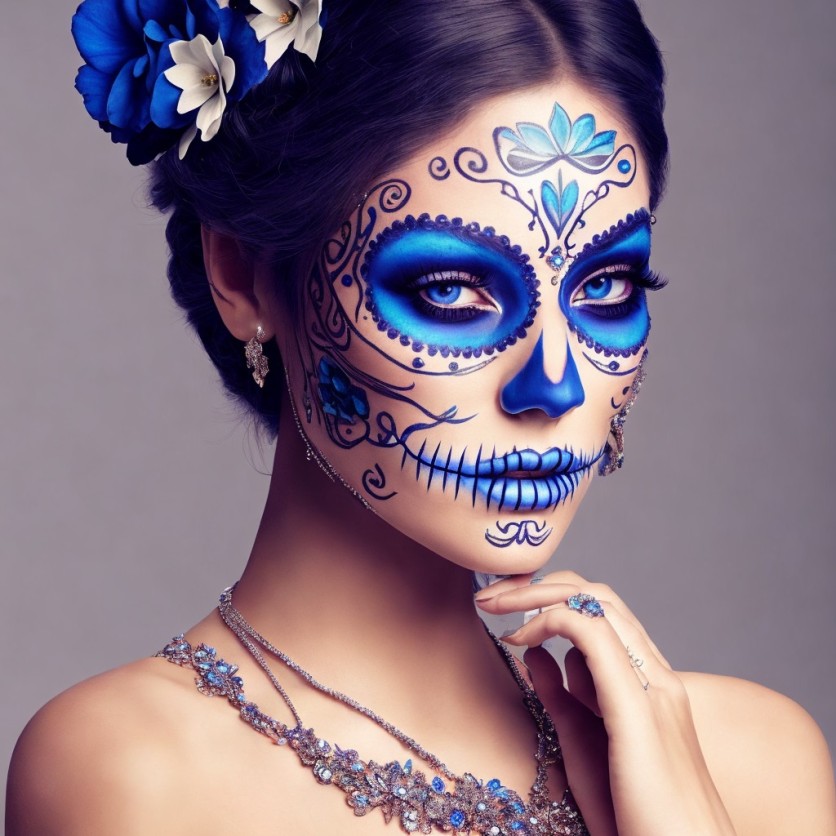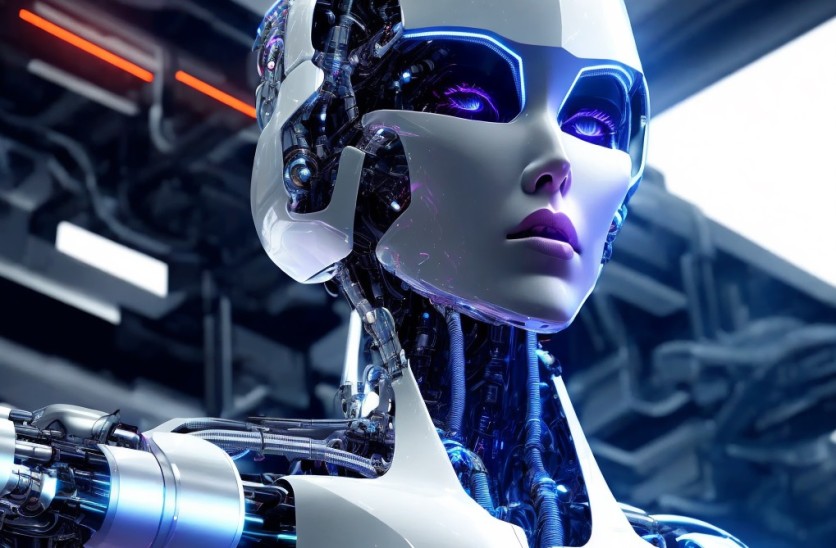
Through a series of exciting tools, Deep Dream Generator sets itself apart from the rest of the AI art makers by capturing our true imaginations the way we see them.
AI art has no sooner exploded across the internet, making waves in both good and bad ways as the phenomenon gains more traction. Less than a month ago, Lensa AI dominated social media timelines, igniting a newfound fad as users raced to recreate themselves in the artificial intelligence's own imagination, which many then utilized as their new profile pictures.
While fun and inviting for several users to see themselves in an all-new light (and color), the AI artistic fad no sooner turned to ArtStation, where real-world artists put up their creations in galleries as a portfolio for the masses to see.
The inclusion of AI art on the site didn't sit well with its avid creators, sparking a widespread campaign to ax image-generated projects off the gallery hosting website.
Although they might not have a place on ArtStation and have found immense acclaim, most prominently on Twitter, AI-generated art is here to stay. It provides instant access to imaginative machinations we couldn't usually create or realize on our own. Though at their core, driven by artificial intelligence or simply an algorithmic program that recreates and designs the models of our mind's eye, not every AI art generator is made the same.

Enter Deep Dream Generator, an entirely different visual content generator that approaches art differently than others on its block. Through a swath of varied features, like its Text 2 Dream function, Deep Dream Generator takes some of our most delectable imaginations and makes them as real as they can possibly get.
Backed and run by a team of self-proclaimed "techies," Deep Dream Generator leverages artificial intelligence to capture users' unique designs easily and more effectively. Simply enlist a few so-called "pointers," of which you can think of as input nodes or reference points, and the AI generator tool does all the rest with as much effort and pizzazz as a pro designer.
The tool is home to amazing and unique features that make it a rather interesting addition to the new wave of AI art generators. As mentioned, the firm's Text 2 Dream tool allows users to create art merely from a simple text prompt, as the name suggests.
The feature is built upon Deep Dream's Stable Diffusion model, which makes sense of the words given and applies deep learning to make them a reality. Through Text 2 Dream, users can also generate gorgeous, photorealistic images through a base image and text.
Text 2 Dream, beyond its image-creation use case, has a fundamental swath of potential additional purposes. For instance, users can leverage the tool to design visual content in the place of something that may not exist, such as video game worlds, novel descriptions of things, far unvisited planets, and fantasy lands that only exist in text.
It's especially useful for content creators who may be talking about places or people that are hard for the ordinary user to create in their minds, but Text 2 Dream can be the most important to educators who can utilize the feature as a way to design illustrative lessons on concepts that are too hard to paint in the real world.
Deep Dream Generator also has a Deep Style tool. It allows users to program in two images-a portrait and a painting, thereby fusing them in incredible ways.
As one example, Deep Dream uses the famous Japanese painting of The Great Wave off Kanagawa in tandem with a young girl's face. The projected image literally fuses the two, blending the legendary ukiyo-e artist Hokusai's work of art into the face and background of the young girl's portrait.
It's genuinely fascinating and something no ordinary designers, artists, and creators could ever dream of recreating on their own. Even more exemplary of this detail is Deep Dream's underlying algorithmic generator.
As the website reads, it was first designed "to help scientists and engineers to see what a deep neural network is seeing when it is looking in a given image." Thus, Deep Dream can produce some colorful, psychedelic, and otherworldly recreations of the concepts that surround our every day.

Deep Dream even released several fantastical videos called "experimental," wherein psychedelic images, music, color, and art all collide to deliver an unreplicable experience highlighting how ingenious the team's algorithm is.
One such video, aptly called The Gate to a Deep Dream, focuses on an unending trip through one photo that can seemingly last lifetimes if one isn't too careful.
Proof of Deep Dream's commitment to everlasting art is written in its business model, which expresses the continued free use of the platform for most avid users. Everyday Joes and Janes can sign up for a free account and start creating photorealistic imagery, but a monthly fee is required for higher resolution images.
At 2.1MP, users will have to pay $20 a month, 5MP at $40, and there's even a $100 a month plan for subscribers who may want additional feature sets, like 200GB of storage, 750 energy, and 60/hour recharging capabilities.
Energy, in this case, is equated to images. Deep Dream describes ten images at a medium resolution as equal to 50 energy points. If you aren't planning on utilizing incredibly high-resolution images and energy points, monthly fees aren't even a necessity, as Deep Dream allows users to create plenty of their artistic wonders for free.
With the rise of AI art creations and the technology only fast improving, as witnessed in the likes of DALLE-2 and the aforementioned Lensa AI, there's been no better time to dive into the fold through the guise of Deep Dream Generator.
See the world through a whole new perspective and, even better, create your own with the amazing tools this algorithm boasts. It's a one-of-a-kind art creator that can design all-new dimensions of wonder and help shape new ways of learning for educators and artists alike.
ⓒ 2025 TECHTIMES.com All rights reserved. Do not reproduce without permission.




